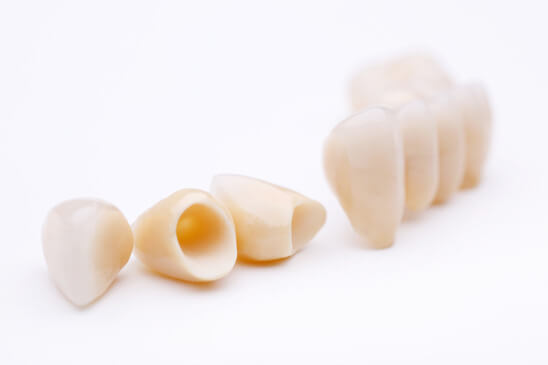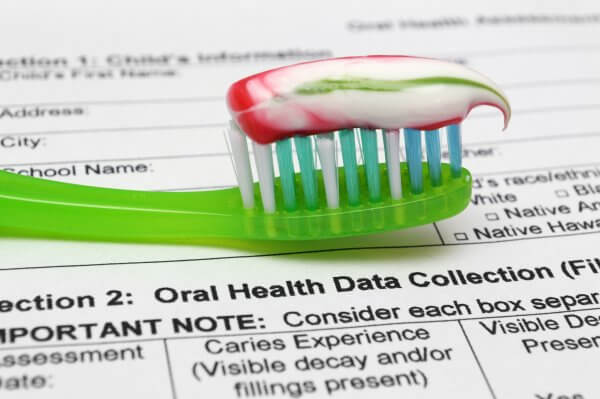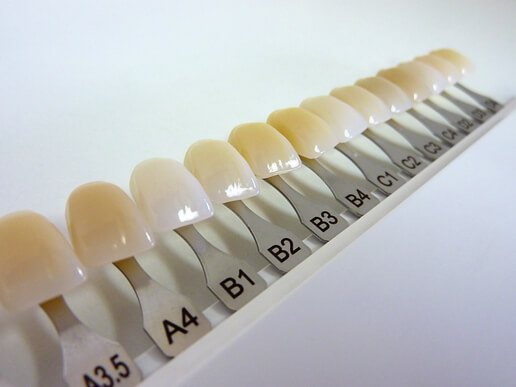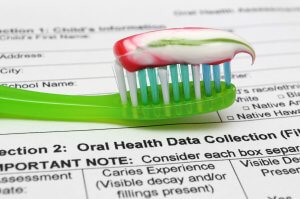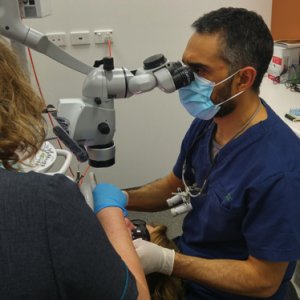A bit about wisdom teeth
Wisdom teeth are the last teeth to erupt, the final molars on each side of the upper and lower jaws. Wisdom teeth usually emerge from age 16 to 25 and for many people the only solution is removal.
When one of these teeth doesn’t have enough room to come in normally, it is considered impacted. Teeth may become twisted, tilted, or displaced as they try to emerge.
Impacted wisdom teeth
You may not know that you have impacted wisdom teeth. Symptoms may include pain, swollen and bleeding gums, swelling around the jaw, bad breath, headache or jaw ache, and an unpleasant taste when eating. Some people experience stiffness of the jaw.
Treatment
The first step is to make an appointment to see us. Impacted wisdom teeth that are left untreated can lead to gum disease and tooth decay. You may also experience damage to your other teeth, including infection and overcrowding of teeth.
Annual dental appointments and x-rays can catch impacted teeth early before they start to show symptoms.
Find out more from the Australian Dental Association and an interesting article from the ABC
Wisdom tooth extraction – support your recovery
- Take time to relax after undergoing a wisdom tooth extraction procedure to allow your body to heal more effectively. Take a few days off from work or school and don’t overexert yourself.
- The day after your wisdom tooth extraction, you may find relief by placing an ice pack on your jaw and alternating sides every 15 minutes. This will prevent your jaw and cheeks from swelling up and may even help to numb the pain. After a couple of days, you could try a heat pack to assist healing.
- Manage your pain levels with any prescribed anti-inflammatory drugs or painkillers, it is a good idea to take them as soon as possible to prevent the onset of pain.
- If you do not receive a prescription, over-the-counter medicines such as ibuprofen, codeine, or paracetamol can be taken, follow the instructions on the medications.
- Keep your mouth clean, regularly rinsing your mouth with warm water or a salt solution.
- Stick to soft foods, such as yoghurt, smoothies, broth, and jelly for the first day or two. Gradually introduce solid foods back into your diet.
- When you sleep, prop up your head with a stack of pillows. This will not only prevent swelling, it will also help prevent excessive blood flow in your mouth.
- If you take the proper steps to alleviate pain and swelling, you can recover and be back to normal within a few days.


